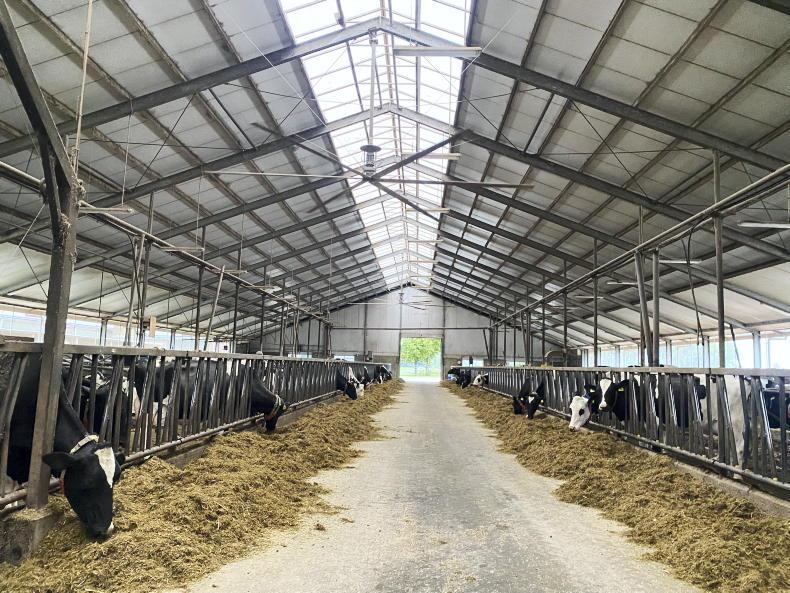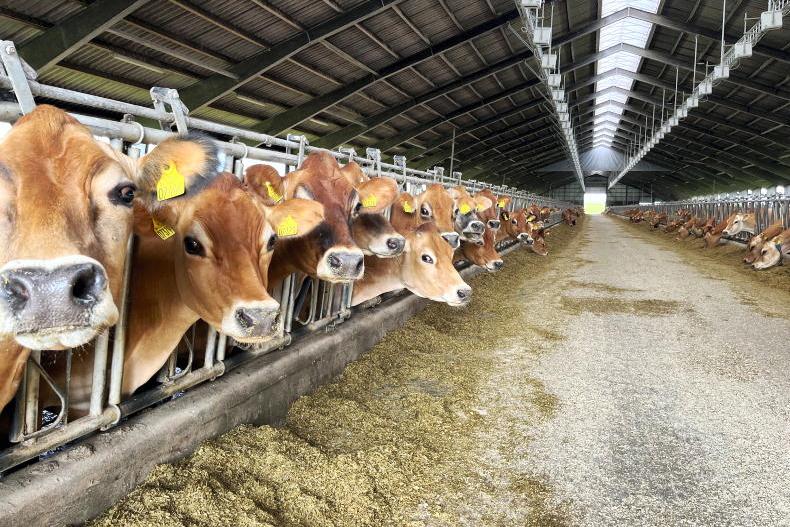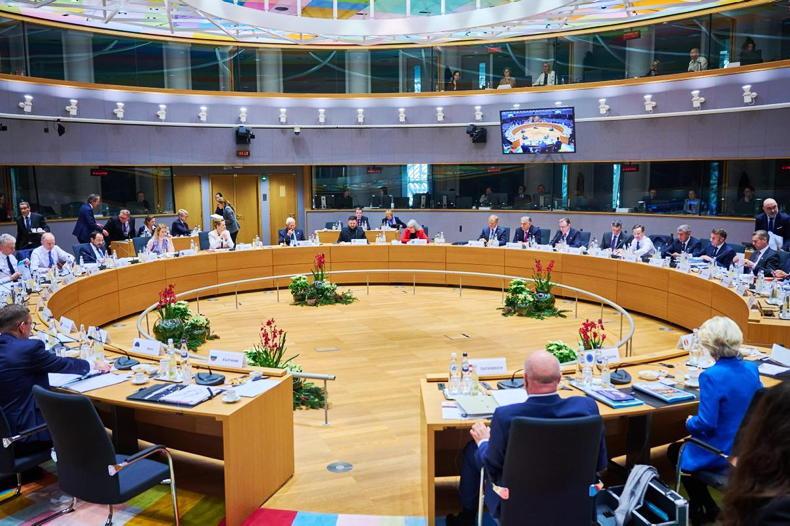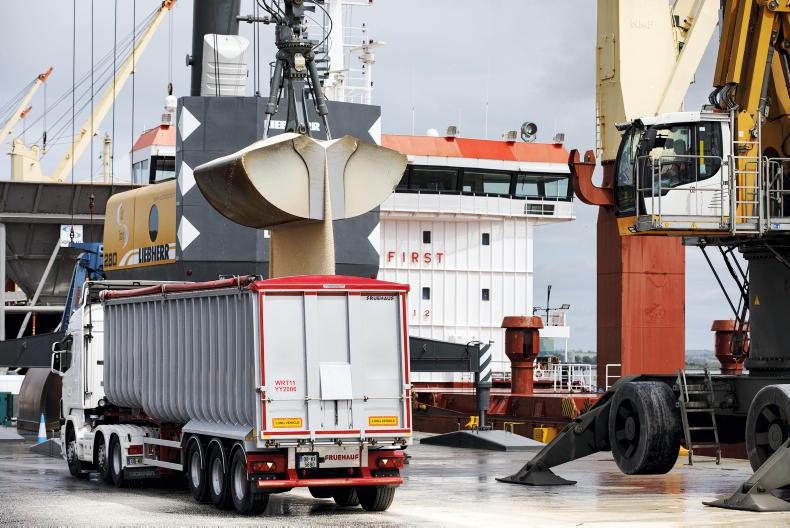Ireland is set to be the only EU member state to seek a derogation from 2026 onwards, as Denmark has announced it will not seek to renew its derogation this summer.
Ireland, Denmark and the Netherlands all currently have nitrates derogations. Ireland’s expires at the end of 2025, Denmark’s will expire on 31 July 2024 and the Netherlands’ derogation will end at the end of 2025.
In Denmark, farmers have been allowed to farm at 230kg of organic nitrogen per hectare (N/ha). The Danish government has decided that the exemption ends as of 31 July this year.
From 1 August 2024, a 170kg N/ha stocking rate will be in place.
Environment
“The government has, among other things, made the decision on the basis of discussions with the [European] Commission about the state of the aquatic environment in Denmark,” Danish minister for the environment Magnus Heunicke said.
“Overall, Denmark has not managed to reduce the discharge of nutrients to coastal waters in the last 10 to 15 years. The purpose of the nitrates directive is to prevent contamination of the aquatic environment with nitrates from agriculture,” he said.
The government has instead said that Denmark needs to focus on how it can reduce nitrogen emissions.
“Therefore, we have decided that we will not apply to the Commission for an extension of the cattle exemption", Heunicke said.
The decision will lead to increased costs for certain cattle farms, the government said. “The costs for the cattle farms will have to be seen in the context of future decisions on climate action in the green tripartite,” it said.
Netherlands
In October 2022, the Netherlands negotiated its final derogation with Brussels. It was granted a derogation until the end of 2025, with the condition that the maximum organic nitrogen allowance would be stepped down each year.

The Netherlands will phase out its derogation by the end of 2025. \ Rachel Donovan
Farmers in the Netherlands could farm at the maximum rate of 250kg N/ha in 2022 and, since then, the ceiling has reduced by 10kg N/ha each year. It will reduce by 30kg N/ha in 2025 and in 2026 all farmers in the Netherlands will farm at 170kg N/ha.
Dutch farmers in areas which were deemed to be more “polluted” have faced a quicker climb down from the 250kg N/ha.
Ireland is set to be the only EU member state to seek a derogation from 2026 onwards, as Denmark has announced it will not seek to renew its derogation this summer.
Ireland, Denmark and the Netherlands all currently have nitrates derogations. Ireland’s expires at the end of 2025, Denmark’s will expire on 31 July 2024 and the Netherlands’ derogation will end at the end of 2025.
In Denmark, farmers have been allowed to farm at 230kg of organic nitrogen per hectare (N/ha). The Danish government has decided that the exemption ends as of 31 July this year.
From 1 August 2024, a 170kg N/ha stocking rate will be in place.
Environment
“The government has, among other things, made the decision on the basis of discussions with the [European] Commission about the state of the aquatic environment in Denmark,” Danish minister for the environment Magnus Heunicke said.
“Overall, Denmark has not managed to reduce the discharge of nutrients to coastal waters in the last 10 to 15 years. The purpose of the nitrates directive is to prevent contamination of the aquatic environment with nitrates from agriculture,” he said.
The government has instead said that Denmark needs to focus on how it can reduce nitrogen emissions.
“Therefore, we have decided that we will not apply to the Commission for an extension of the cattle exemption", Heunicke said.
The decision will lead to increased costs for certain cattle farms, the government said. “The costs for the cattle farms will have to be seen in the context of future decisions on climate action in the green tripartite,” it said.
Netherlands
In October 2022, the Netherlands negotiated its final derogation with Brussels. It was granted a derogation until the end of 2025, with the condition that the maximum organic nitrogen allowance would be stepped down each year.

The Netherlands will phase out its derogation by the end of 2025. \ Rachel Donovan
Farmers in the Netherlands could farm at the maximum rate of 250kg N/ha in 2022 and, since then, the ceiling has reduced by 10kg N/ha each year. It will reduce by 30kg N/ha in 2025 and in 2026 all farmers in the Netherlands will farm at 170kg N/ha.
Dutch farmers in areas which were deemed to be more “polluted” have faced a quicker climb down from the 250kg N/ha.










SHARING OPTIONS